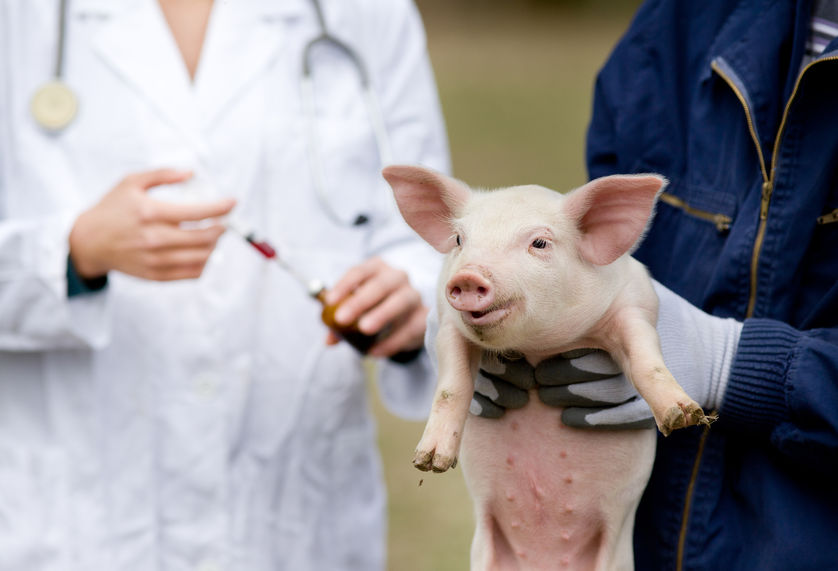
Removing expired and inappropriate veterinary medicines from farms is a priority for vets and farmers, according to new research.
Researchers are calling for veterinary surgeons in the UK to work together with their farmer clients to remove expired and inappropriate veterinary medicines from farms and dispose of them appropriately.
In an open access paper published in Vet Record, Bristol University researchers investigated medicine storage facilities on UK dairy farms and found that most farmers are storing their medicines appropriately but there are areas that need improving.
Although sales of prescription veterinary medicines are heavily regulated and monitored, very little is currently known about the way in which these medicines are stored and used once prescribed to a farm. The study sheds light on these practices to fill this knowledge gap.
In the UK it is standard practice for veterinary surgeons to prescribe medicines to treat diseases in animals under their care.
These medicines can then be stored on a farm to be given later by the farmer. Medicines stored on farms include antibiotics, anti-inflammatories and vaccines.
Farms are required to store animal medicines according to Health and Safety Executive guidelines and, in line with the storage requirements of the individual medicines, storage and use of these medicines should be audited regularly by the farm’s veterinary surgeon and during quality assurance audits such as Red Tractor Farm Assurance.
'Health check'
The study, which examined medicines stored on 27 farms in South West England and South Wales between September 2016 and October 2017, found that while most prescription veterinary medicines were stored appropriately, there are opportunities for farmers and veterinary surgeons to work together to dispose of expired and inappropriate medicines to reduce the potential for their use in dairy cattle.
Incorporating a medicine cupboard “health check” into the routine annual herd health review would be a simple and effective way to bring about improvement in this area.
The most important findings from the research were:
• Most farms stored medicines in designated, lockable medicine cupboards;
• There was large variation in the quantity and types of antibiotics stored on farms;
• Highest priority critically important antimicrobials were found on 90 per cent of farms;
• Expired medicines, including antibiotics, were commonly found on farms;
• Medicines not licensed for use in dairy cattle were found on some farms. These may occasionally be legally prescribed by veterinary surgeons according to strict guidelines set out under the prescribing Cascade.
The study was funded by the Langford Trust for Animal Health and Welfare, in collaboration with the Bristol Veterinary School’s antimicrobial resistance research group AMR Force.
Antimicrobial resistance - or AMR - is a global threat, with an estimated 700,000 people dying from resistant infections every year. This week [12-18 November] is World Antibiotic Awareness Week.
